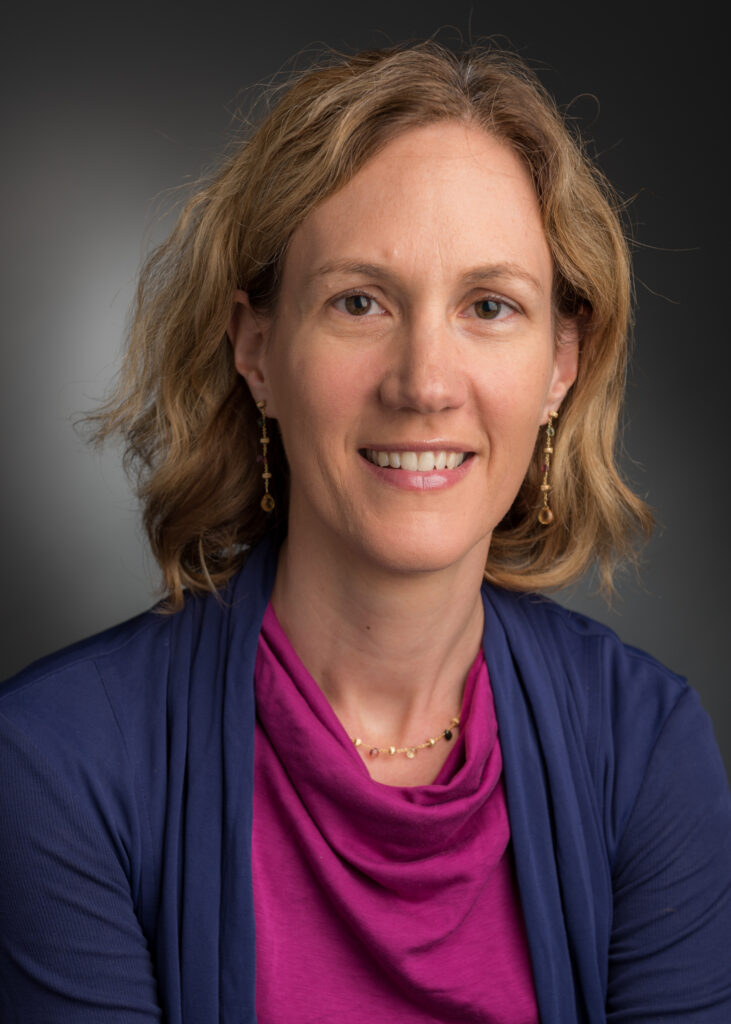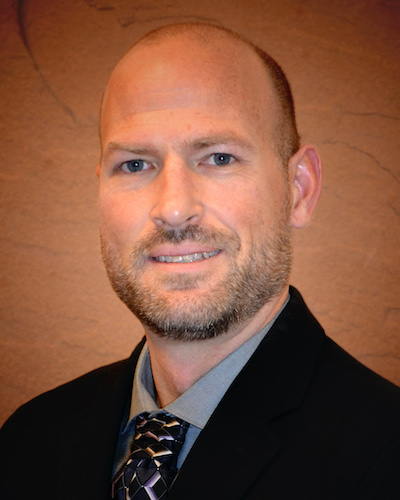The University of Utah has a rich research history. Thanks to its students, faculty, staff and shareholders, research at the U will only continue to grow, bringing innovations and discoveries to our society.
With this in mind, the Office of the Vice President for Research (VPR) and Office of Sponsored Projects (OSP) are showcasing different researchers to spotlight our university’s studies and potential breakthroughs. Here are some of the U’s Research Groundbreakers.
Dr. Birgit Knoechel – Rally Foundation grant for Interrogating T-cell subsets and their Role for Treatment Response in T-ALL

Dr. Birgit Knoechel, Associate Professor in the Department of Pediatrics, Division of Pediatric Hematology and Oncology, has beenawarded a grant from the Rally Foundation which will support research that aims to understand the leukemia microenvironment in children with T-cell acute lymphoblastic leukemia (T-ALL).
“In our initial studies we observed profound alterations in immune cell populations with evidence of chronic antigen stimulation and immune dysfunction,” said Knoechel. “These findings are very unexpected and open up new research directions my lab is very excited to pursue further. For example, we have identified a novel population of dysfunctional T-cells that was enriched in a subgroup of children with T-ALL who have worse outcomes with treatment. These studies are expected to have a major impact on how we identify and treat high risk patients.”
Dr. Nathan Moodie – CarbonSAFE Phase II: Storage Complex Feasibility in the Basin and Range, Southwest Utah
 The College of Engineering and the Energy and Geoscience Institute was recently awarded the CarbonSAFE Phase II: Storage Complex Feasibility in the Basin and Range, Southwest Utah project by the Department of Energy. The project plans to establish the technical and economic feasibility of a commercial large-scale CO2 geologic storage complex in the Basin and Range province of southwestern Utah. This project aims to store more than 50 million metric tons of anthropogenic CO2 sourced from Fervo Energy’s Red Rock Direct Air Capture Hub project and Utah Iron’s new Direct Reduced Iron facility, currently in the design and permitting stage. The project will establish the feasibility of commercial storage through analysis of high-resolution characterization data, technical analysis, economic evaluations, and environmental analysis.
The College of Engineering and the Energy and Geoscience Institute was recently awarded the CarbonSAFE Phase II: Storage Complex Feasibility in the Basin and Range, Southwest Utah project by the Department of Energy. The project plans to establish the technical and economic feasibility of a commercial large-scale CO2 geologic storage complex in the Basin and Range province of southwestern Utah. This project aims to store more than 50 million metric tons of anthropogenic CO2 sourced from Fervo Energy’s Red Rock Direct Air Capture Hub project and Utah Iron’s new Direct Reduced Iron facility, currently in the design and permitting stage. The project will establish the feasibility of commercial storage through analysis of high-resolution characterization data, technical analysis, economic evaluations, and environmental analysis.
The project will accelerate both Fervo Energy’s Red Rocks Direct Air Capture hub implementation and Utah Iron’s goal to be the Nation’s first green iron processing plant, by providing vital site assessment data for the commercial large-scale carbon capture and storage hub.
“This project is a crucial steppingstone toward achieving our nation’s goal of net neutrality and fostering a sustainable, environmentally conscious future,” said Dr. Moodie of the award. “I am honored and excited to lead this initiative in the desert southwest of Utah. It will provide essential data from a region that has been largely understudied, advancing the development of clean, green U.S. iron production and a critical Direct Air Capture hub. I believe this research will help bring high-paying jobs to nearby communities, further supporting local economic growth.”
Dr. Yuree Noh – National Science Foundation Collaborative Research Award

Dr. Yuree Noh, an Assistant Professor of Political Science, recently received the National Science Foundation Collaborative ResearchAward alongside colleagues Christopher Fariss (University of Michigan) and Nadiya Kostyuk (Carnegie Mellon University). Their project, “Advancing the Study of Repression: The Global Surveillance and Censorship Scores (GSCS) Dataset,” investigates how governments worldwide—both democratic and authoritarian—increasingly rely on surveillance and censorship to control information and maintain power. These tactics profoundly shape not only domestic politics but also international relations.
Despite their widespread use, questions remain about when and why governments deploy these tools, how they intersect with other forms of repression, and how technology has transformed their use. This project leverages AI-assisted large language models to integrate existing datasets, human rights reports, and expert interviews to create a comprehensive database that tracks surveillance and censorship practices over time in each country. This resource aims to offer critical insights for scholars, policymakers, and human rights advocates by revealing how these mechanisms are used to suppress dissent and manipulate information.
The GSCS project also addresses broader global challenges, including human trafficking, financial crimes, and international security, all of which are influenced by surveillance and censorship practices. By improving understanding of these practices, the research will help produce more effective strategies to safeguard human rights and enhance global security.
“I am grateful for the support from NSF and the U. I hope my work will shed light on the critical need to protect free expression and human rights, particularly in settings where they face the greatest challenges.”
